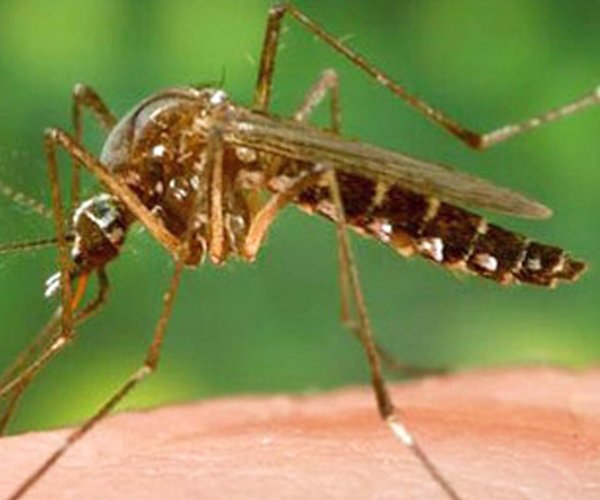With more cases of the Zika virus being confirmed as locally transmitted in Florida and travelers returning home from the Olympics, the California Department of Public Health is urging residents to take precautions upon return to help prevent the spread of the virus in California. While the virus is primarily transmitted by Aedes mosquitoes, it can also pass from one person to another during sex.
“Summer travelers who spent time in Brazil or any other region with Zika-infected mosquitoes can protect themselves, their families and community members by taking a few simple steps,” said California Department of Public Health Director and State Health Officer Dr. Karen Smith. “Continue using insect repellent to prevent spreading the virus to mosquitoes in your community upon your return and refrain from unprotected sex so you don’t pass the virus to your partner.”
Men and women should use condoms for at least eight weeks after travel, and men who have tested positive for Zika should use condoms for six months to prevent transmission to their partners. Travelers returning from an affected region should also continue using insect repellent for three weeks to prevent the virus from spreading to mosquitoes, which might then infect others.
“Pregnant women and couples planning to have children need to be especially cautious because Zika can cause significant harm to a developing fetus,” said Dr. Smith. “Pregnant women who have traveled to an area with Zika should inform their doctor upon return, and couples returning from an affected area should speak with a doctor before getting pregnant.”
Zika virus infection during pregnancy can cause severe birth defects, including microcephaly. Two infants with Zika-related microcephaly have been born in California this year to women who had Zika virus infections during pregnancy after spending time in an area where the virus is circulating in mosquitoes.
While mosquitoes that can carry the virus have been found in 12 California counties, there is no evidence these mosquitoes are transmitting Zika in the state at this time.
As of Aug. 19, the CDPH has confirmed 170 travel-associated Zika virus infections in 26 counties. A total of 24 infections have been confirmed in pregnant women.
The Centers for Disease Control and Prevention has confirmed locally transmitted cases of the Zika virus in Florida, specifically the Miami Beach area and are advising pregnant women to not visit the region.
A team of experts across several disciplines at CDPH is working closely with local public health departments, vector control agencies and the medical community to ensure that California is responding aggressively and appropriately to the emerging threat of Zika virus.
The UC Mosquito Research Laboratory in Parlier is working with the Consolidated Mosquito Abatement District on research projects aimed at controlling the Aedes aegypti mosquito, a tiny, black and white mosquito that can spread the Zika virus.
Aedes aegypti were first identified in California in June 2013, when they were found in the San Joaquin Valley communities of Clovis and Madera. They have been now been detected in certain Fresno County neighborhoods, plus the Bay Area, and Southern California, according to the, CDPH.
"When Aedes aegypti first came to the United States a few hundred years ago, there were major epidemics of yellow fever in the East and South," said Anthony Cornel, the lead entomologist at the UC Mosquito Research Laboratory. "Today this mosquito serves as the vector of three other serious viruses, dengue, Chikungunya and Zika, which are major threats to global public health.
"Right now, our only control tool in response to a disease outbreak is use of insecticides," Cornel continued. "If Zika breaks out here, we will have to do whatever we can to reduce the number of adult Aedes aegypti mosquitoes right away, and a single insecticide application isn't going to do it."
The laboratory and CMAD are evaluating various insecticide options to minimize potential mosquito breeding sites and the biology of Aedes aegypti to make better control decisions. One effort has been to potentially make female mosquitoes infertile.
Working in cooperation with scientists at the University of Kentucky and MosquitoMate Inc., Cornel and CMAD staff are releasing male mosquitoes that have been infected with a bacterium, Wolbachia pipientis. When these males mate with local females, the females pick up Wolbachia, which causes them to lay eggs that will not hatch.
"The infected male mosquitoes are shipped to us from Kentucky overnight twice a week and we release them in the test area in Clovis," Cornel said. "These male mosquitoes are harmless to humans. They do not bite and can't transmit disease."
Special traps have been placed in the treatment area and in a nearby control area, where no Wolbachia-infected mosquitoes are released.
"Right now, the number of eggs we are getting is very much reduced in the treated site," Cornel said.





